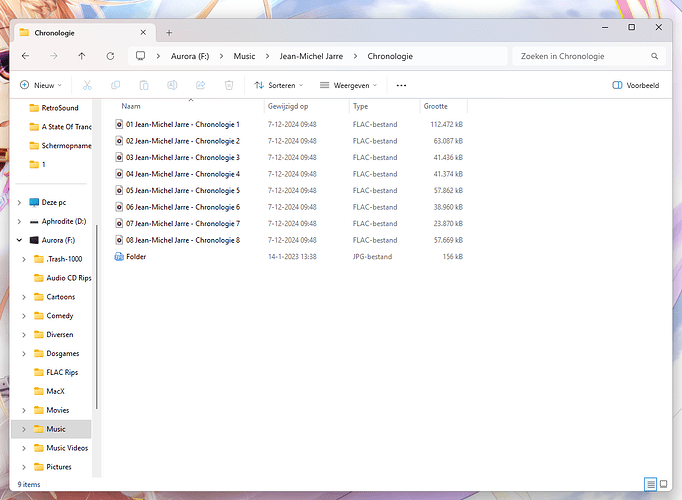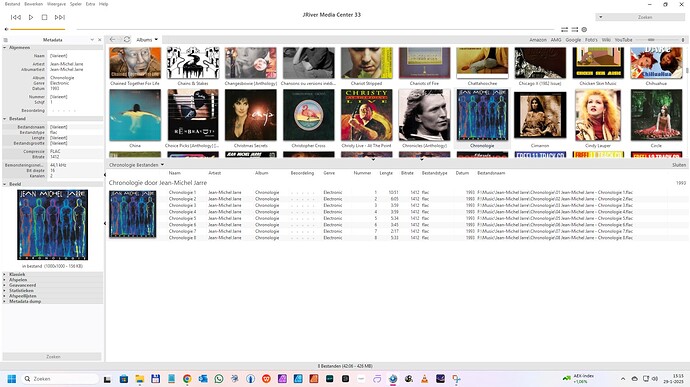I have always thought it was a given - lots of IT products have a user interface, but they allow you to drop into the command line, at least for service, sometimes to expose even more functionality. From Cisco with IOS to Volumio allowing access over simple ssh - that makes sense to me, best of both worlds.
However, there is trend to hide more and more functionality/configurability from the user. From the perennial example of Apple, to even the GNOME people in the Linux world, and yes, to come back to the subject, Roon - WITH A CAVEAT, of course, please READ fully! ![]()
When I started with Roon, picking ROCK seemed like the way to go. Again, I ASSUMED the best of both worlds. Was a little disappointed when I found out it was a closed appliance -no ssh! I already had done the setup and I liked features like exposing the data drives without me doing any work and just slapping a CD in order to rip it, then have it appear in the Roon library, so I stuck with it.
Recently, the box that was running the ROCK crashed. And the data drive disappeared. Without ssh/cli to diagnose, had to get the drive from the system. Sure enough, on mounting in another system, found the drive needed some ntfs fix. Did that, mounted fine in other system, put it back on the ROCK - NOTHING. Still refused to mount. What else could I do? After rebooting a couple of times (because what else?) had to take the plunge.
Got rid of ROCK, installed Ubuntu Server 24.04, minimal. Installed Roon Server, drive mounted perfectly with no issues. Shared the drive, back in business. As good as before, except for the CD ripping, but to be fair, the feature was making me go lazy with my tagging, accepting whatever Roon found, which, lots of times is not to my liking.
Same with Ropieee. While the actual Roon bridge was still fully working and could be updated, no complaints, the actual Ropieee platform was re-architected, making it necessary to re-install if you wanted to update. Guess what? No more ssh. Gravitating towards looking for the best of both worlds, I actually installed Volumio, using their Roon bridge plugin, enabled ssh.
Then I thought, why?
Long story short, got rid of Ropieee in all my endpoints too. I this point I am now running Rasp pi OS based (as opposed to the ROCK and Ropieee appliances) endpoints and x86 Ubuntu 24.04 server. The endpoints have nothing on them but just what is needed for Roon. They expose no other audio interfaces, like hdmi and their internal interface. No clutter! ![]() Same with the Roon server. Nothing not needed. Because strangely, while disallowing serviceability those appliances seemed to expose all that. BT enabled, internal interfaces enabled etc.
Same with the Roon server. Nothing not needed. Because strangely, while disallowing serviceability those appliances seemed to expose all that. BT enabled, internal interfaces enabled etc.
And this is why I asked you to not jump the gun! VERY Happy that Roon gives you the option, appliances or hard core techie. Sure, middle ground would have been better, but at least, it’s there. ROON - PLEASE NEVER TAKE AWAY THAT OPTION. PLEASE NEVER NEVER EVER GO TO AN “ONLY APPLIANCES” PHILOSOPHY! ![]()
So all of this, just to ask the group
-
Have you done the same? Started with appliances, moved to Big Boy stuff?
-
Have you gone the other way around? Tired of relative complexity, tired of having to maintain? (or unable!)
-
What do you do when things break? What do you feel about the level of support provided here? Has Roon being effective helping you with problems in closed off appliances?
-
I shudder to think of owning a Nucleus! How is it serviced? Have you had to send it back? Is there a service backdoor to avoid that?
Just making conversation here - very curious.

